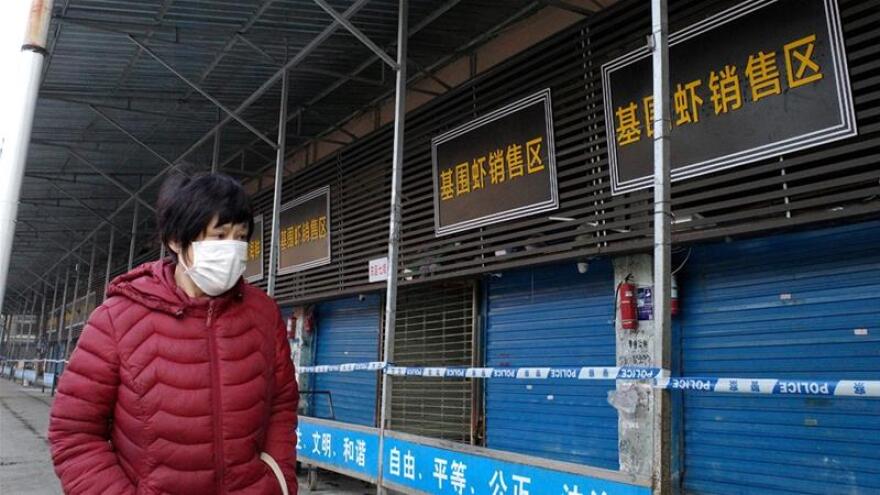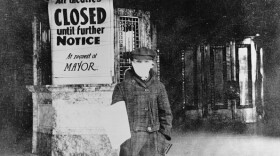The Wuhan coronavirus epidemic is officially a global public health emergency. The World Health Organization’s declaration frees up resources for nations to contain the virus’ spread outside its origin in central China.
This comes after the Centers for Disease Control and Prevention confirmed the sixth case and the first person-to-person transmission in the U.S., which occurred in Chicago between spouses quarantined in their home. Concerns are rising in North Carolina, as multiple universities have officially cancelled all non-essential travel to China.
The latest figures worldwide, as of Friday morning, show 9,900 confirmed cases and 213 or more deaths since the outbreak began in December 2019. Professor of Epidemiology at UNC Chapel Hill Ralph Baric joins host Frank Stasio to discuss how the Wuhan coronavirus compares to its cousin coronaviruses, SARS and MERS.
INTERVIEW HIGHLIGHTS:
On concerns over spread within the States:
At this time there’s [sic] six confirmed cases in the United States. What people need to be aware of and pay attention to is whether the person-to-person transmission cluster that began in the Chicago area continues or whether it's been quarantined sufficiently early to prevent further spread.
On the danger of the 2019 coronavirus:
Right now the estimated mortality rate is between 2-3%. The other indicator of how serious the infection is is the percentage of individuals who have serious disease — roughly 20-30% of the infections result in a serious illness that may require admittance into an ICU.
The common sense response is: I want to get out of this area, and I want to get out of it fast.
On China’s massive containment strategy:
The idea is that if you lock down a city, you will prevent the spread to other cities. Most of the modeling that's been done argues that, even if you could prevent 99% of the people in the city from leaving the city and going to another location, you would only reduce the increase in the outbreak by about 25%, and it really is just a delay. So it's very difficult to lock down 60 million people. So this is a grand experiment.

Part of the problem of course is that people in the lockdown areas may not have access to food and other resources that they need to function and survive. They also want to get out of an area that is perceived as an epicenter. So the common sense response is: I want to get out of this area, and I want to get out of it fast.










